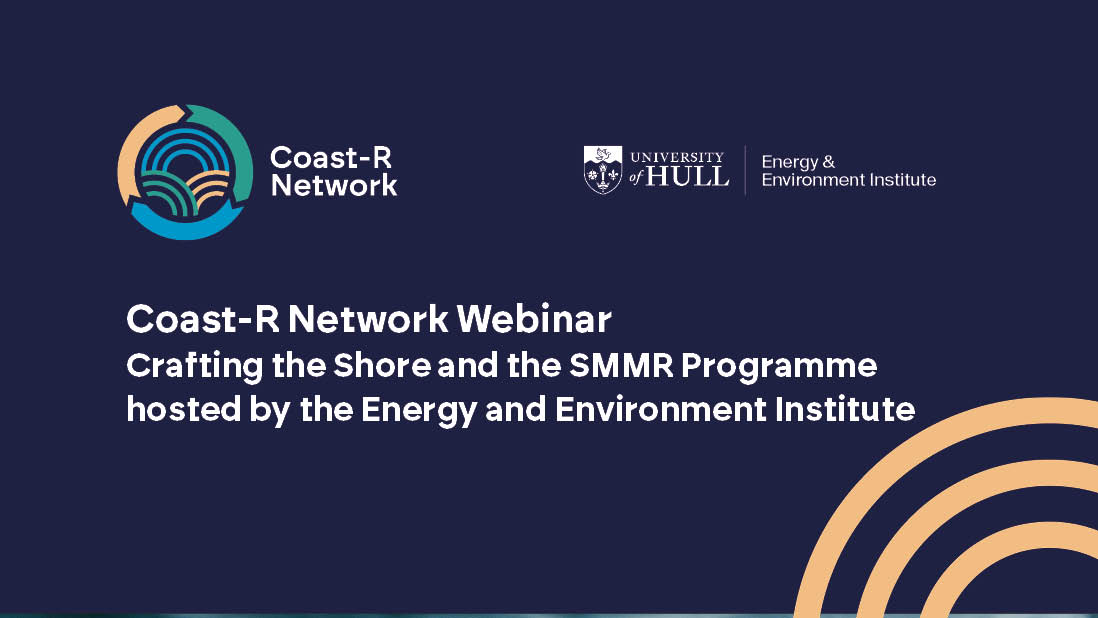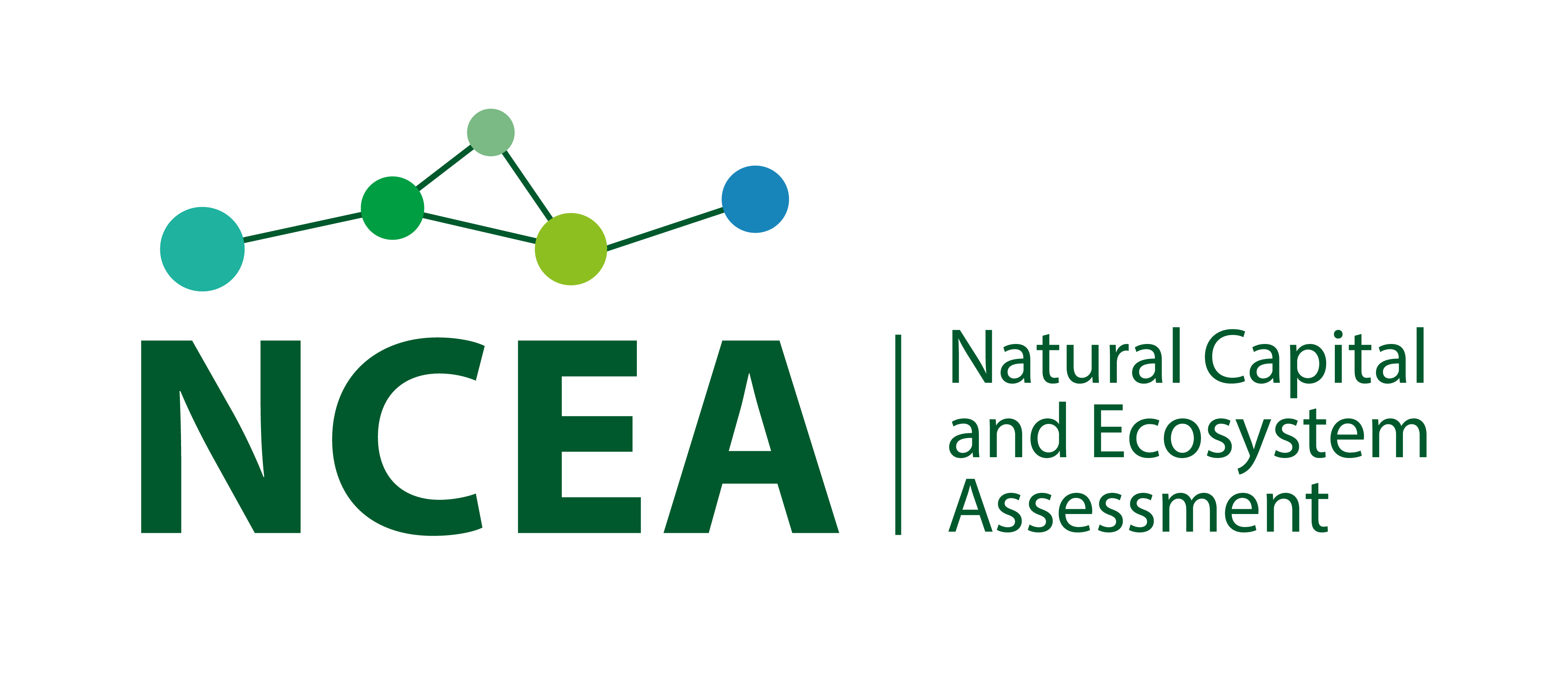2-3pm, Tues 15 July 2025, online
The third session in our Coast-R Network Webinars Series is on ‘Crafting the Shore’ and ‘The Sustainable Management of UK Marine Resources Programme’.
We look forward to welcoming:
- Dr Suzana Ilic & Dr Serena Pollastri of Lancaster University: ‘Crafting the shore – co-producing natural structures for saltmarsh regeneration’.
- Prof David Paterson, Co-Champion of the SMMR Programme, of the University of St Andrews: a short introduction to the aims and outputs of the Sustainable Management of UK Marine Resources (SMMR) Programme
The webinar will be chaired by the Coast-R Network’s Prof Stuart McLelland. Stuart is Deputy Director of the Energy and Environment Institute at the University of Hull and Professor of Water Science, conducting research focused on the experimental modelling of rivers and coasts, and particularly understanding how climate change impacts on these environments.
The webinar will take place via teams. To book your place, please complete the short registration form via this link:
Speaker Biographies
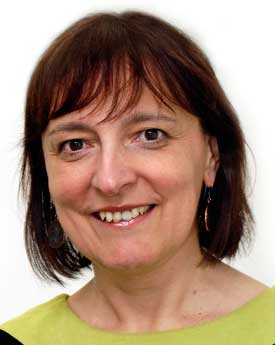
Dr Suzana Ilic
Suzana is a coastal engineer working at the interface between coastal engineering and science in Lancaster Environment Centre, Lancaster University. She has a specific interest in coastal hydrodynamics and sediment interactions, coastal geomorphology and the impacts of climate change and human interventions on the future of coastal environments. She has extensive expertise in field studies, remote sensing, laboratory and numerical modelling of coastal processes.
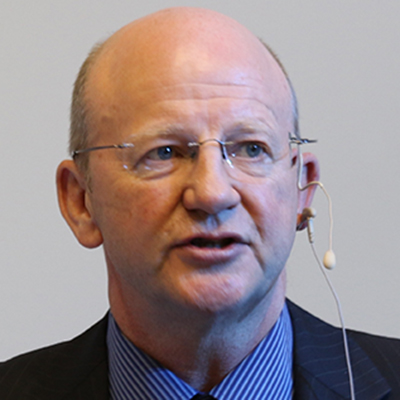
Prof David Paterson
David is Professor of Coastal Ecology and leads the thriving Sediment Ecology Research Group at the University of St Andrews. David has led numerous research programmes including NERC consortia and delivered large European consortia. Perhaps more importantly, since 2009, David has been the Executive Chair of the Marine Alliance for Science and Technology for Scotland (MASTS), one of the most successful of the Scottish Pooling initiatives, bringing together a diverse and dispersed community spanning HEIs, government and non-departmental bodies.
David is a Chair of considerable experience, including chairing the General Assembly of the EMBRC, and chairing the Shetland Oil Terminal Advisory Group. David Co-Champions the SMMR Programme alongside Dr Mark James.
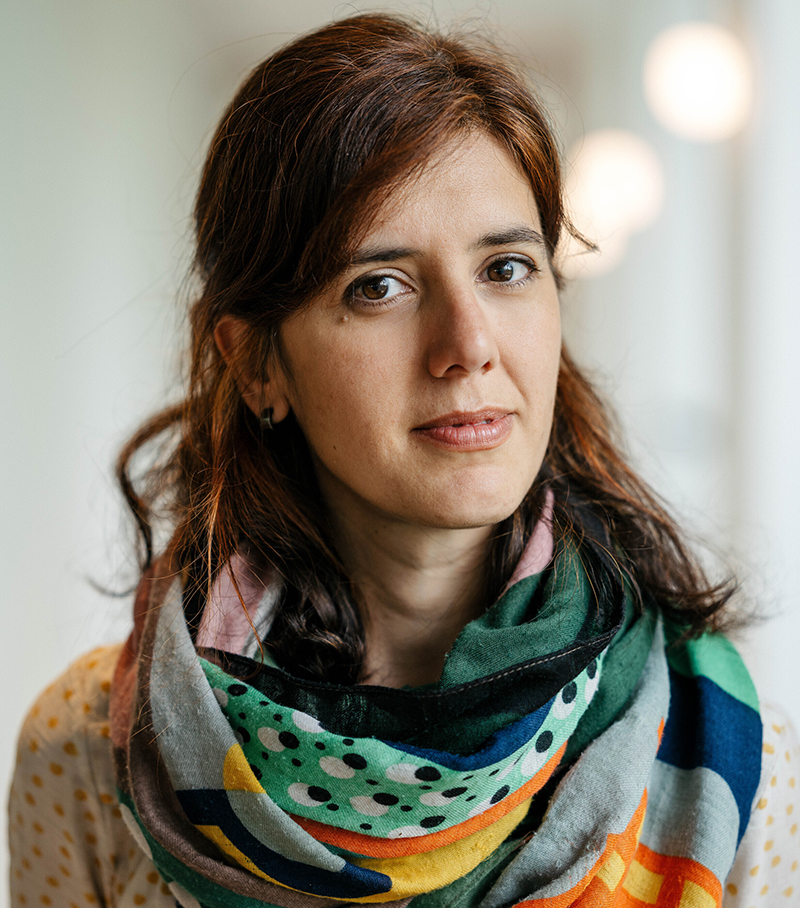
Dr Serena Pollastri
Serena is a Lecturer in Urban Futures at ImaginationLancaster, the design research think tank at Lancaster University, and is Year 1 coordinator at Lancaster School of Architecture. In the last few years, her practice-based research has been concerned with developing and applying design methods and approaches for posthuman coastal futures. She is particularly interested in collaborative, hands-on approaches, and was Principal Investigator in projects such as SaMPaS (Saltmarsh Participatory Sensing), Coastal Nature Lab, and Tracing Tides.
In 2023 Serena organised the Aqueous Futures Symposium, funded by AHRC and The Future Observatory of The Design Museum (London), to explore ways in which embodied and experimental approaches to place-based knowledge can be adopted in processes of planning, implementing, and monitoring interventions for climate adaptation in coastal areas.
Abstracts
Crafting the shore – co-producing natural structures for saltmarsh regeneration
Climate change brings severe risks to the liveability of coastal environments, and a radical rethinking of the ways in which communities inhabit the shores is needed. Traditional, large-scale coastal protection interventions are costly and often interfere with both human activities and wildlife.
In our presentation, we will introduce an alternative approach to coastal protection in which local communities are directly involved in the design, construction and deployment of small-scale structures as nature-based interventions to create an eco-buffer in the transition between sea and land.
Initial experiments were conducted in the Coastal Nature Lab, a project that investigated the benefits and viability of using locally sourced natural materials for the co-design of structure for sediment trapping and stabilisation. Whilst a variety of techniques and materials were trialled in the project as a whole, this presentation will focus specifically on the interventions for sediment accretion for saltmarsh regeneration prototyped in Morecambe Bay.
Its mudflats and saltmarshes provide shelter and nourishment to multiple species, and act as a buffer, protecting towns and villages against coastal flooding. The project focussed on structures made from natural materials found in the area (including willows, saltmarsh grasses, nettles, straw) that could potentially help to accumulate sediment in the mudflats. Craft was adopted as an approach to the design and production. We worked with artists and craftspeople to design woven and netted designs, which were made by local residents in skill-sharing workshops.
Reflecting on this experience, we propose a reimagined approach that draws from practices of co-design and tactical urbanism, in which communities engage in material practices of care for the coast through collaborative, low cost, relational actions.

